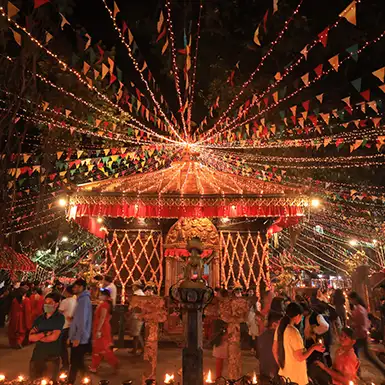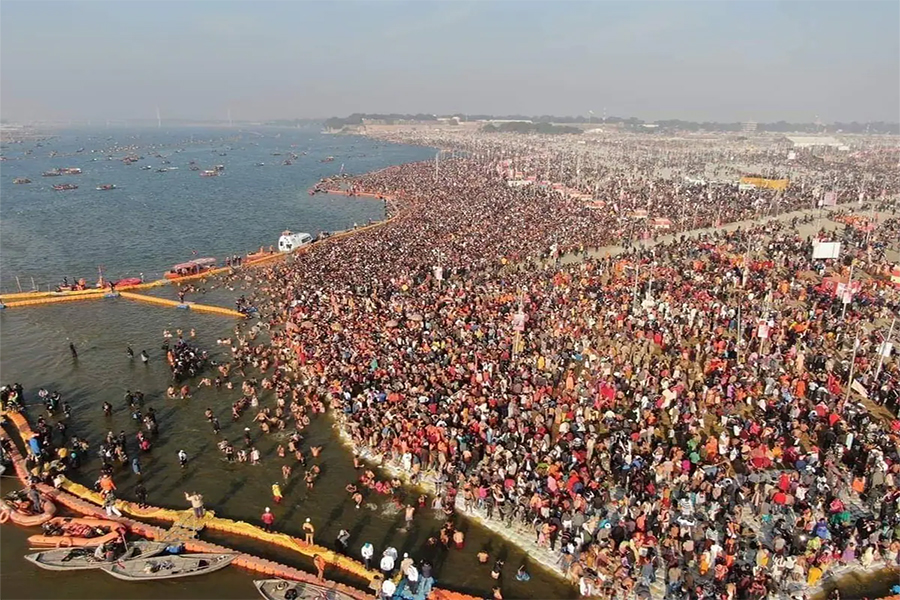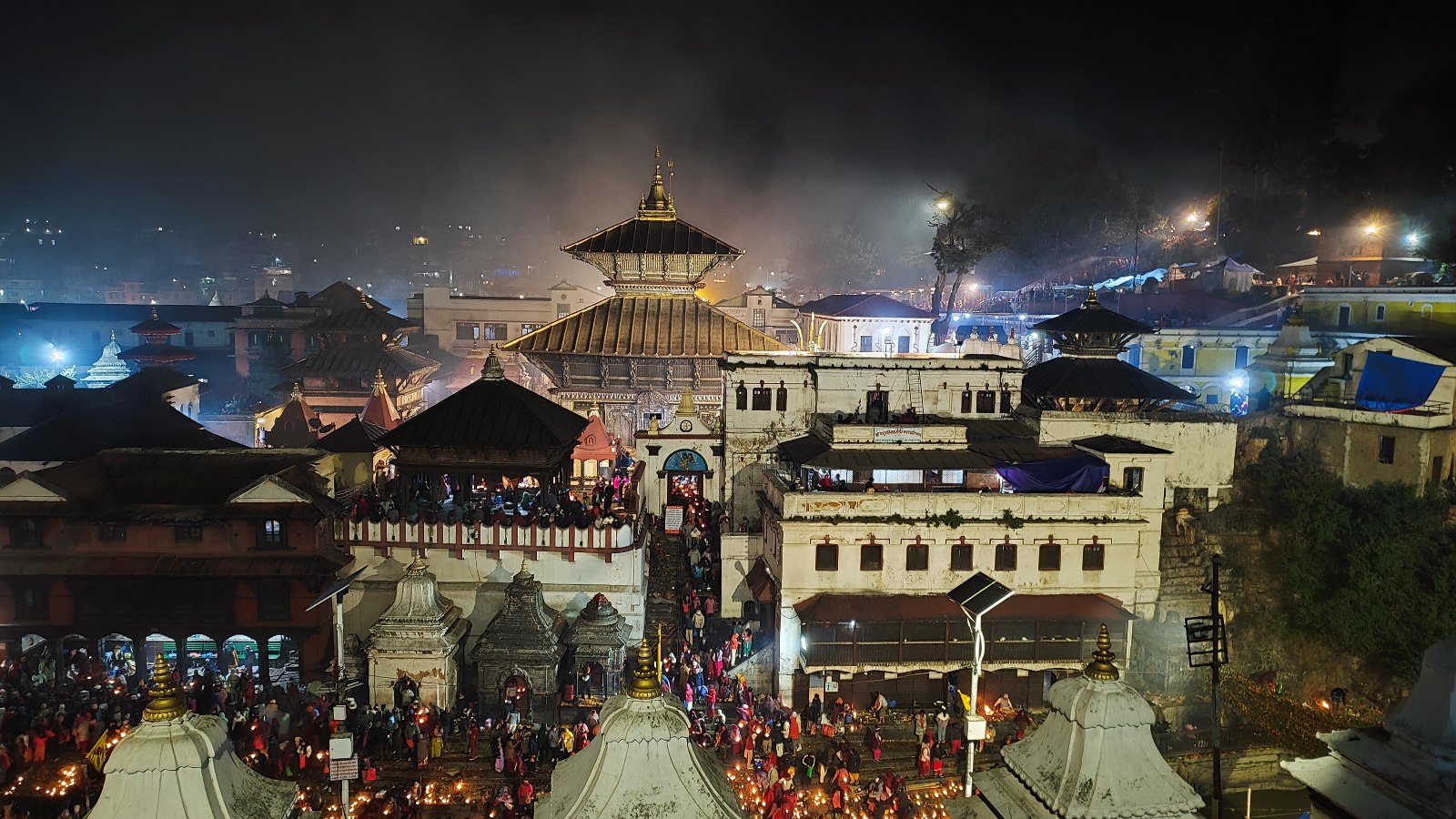Hindu Festivals and Their Significance
Hinduism is a religion rich in festivals, each filled with cultural significance, spiritual symbolism, and a sense of community. From Diwali, the festival of lights, to Holi, the celebration of colors, these festivals not only mark important historical events but also embody deeper philosophical messages. They reinforce moral values, celebrate the cycles of nature, and serve as moments for personal reflection and social bonding.
Diwali: The Festival of Lights
Perhaps the most well-known Hindu festival, Diwali celebrates the triumph of light over darkness and good over evil. It commemorates Lord Rama’s return to Ayodhya after defeating the demon king Ravana. During Diwali, homes are adorned with oil lamps (diyas), symbolizing the inner light that protects from spiritual darkness.
Spiritually, Diwali represents the victory of knowledge over ignorance and the awakening of the soul. The lighting of lamps is a reminder of the inner light of the self (Atman), which, according to Hindu philosophy, is eternal and beyond the material world. Diwali is also a time for cleansing—both physically, as homes are cleaned and decorated, and mentally, as it encourages people to reflect on their actions and seek forgiveness.
Holi: The Festival of Colors
Holi, known as the festival of colors, is a vibrant celebration of life, joy, and the arrival of spring. It is associated with the story of Prahlada and Holika, symbolizing the triumph of devotion over evil. Participants throw colored powders at each other, representing the breaking of social barriers and the embrace of diversity.
Holi is also an expression of gratitude for the fertility of the land and the end of winter’s hardships. The colors symbolize the various hues of life, reminding us of the vibrancy of creation and the joy found in unity.
Navaratri: The Festival of Nine Nights
Navaratri, a festival that spans nine nights, celebrates the victory of the goddess Durga over the buffalo demon Mahishasura, symbolizing the victory of good over evil. Each night is dedicated to different forms of the goddess, representing various virtues like courage, wisdom, and purity.
Navaratri is a time of prayer, fasting, and dance, particularly in the form of Garba and Dandiya in many parts of India. Spiritually, the festival is an opportunity for inner purification, where participants seek to conquer their inner demons and cultivate divine qualities.
Raksha Bandhan: The Festival of Protection
Raksha Bandhan celebrates the bond between brothers and sisters. Sisters tie a protective thread (rakhi) around their brothers' wrists, symbolizing their love and prayers for their brothers' safety and well-being, while brothers vow to protect their sisters.
More than a celebration of familial bonds, Raksha Bandhan symbolizes the importance of duty and protection in human relationships. It underscores the mutual respect and responsibilities individuals have toward each other in society.
Makar Sankranti: The Harvest Festival
Makar Sankranti is one of the few Hindu festivals celebrated according to the solar calendar. It marks the transition of the sun into the zodiac of Capricorn, signaling the end of winter and the beginning of longer days. It is a time of thanksgiving for the harvest and is celebrated with kite flying, feasts, and prayers for prosperity.
Spiritually, Makar Sankranti signifies the sun’s journey toward the northern hemisphere, symbolizing the movement from darkness to light. It’s a time to reflect on the significance of the sun in sustaining life and its metaphorical representation of spiritual awakening.
Maha Shivaratri: The Great Night of Shiva
Maha Shivaratri is dedicated to the worship of Lord Shiva, one of the most important deities in Hinduism. Devotees fast, meditate, and perform rituals throughout the night to seek the blessings of Shiva. The festival symbolizes the convergence of Shiva and Shakti (divine feminine energy), representing the balance of cosmic forces.
Shivaratri is a time for deep meditation and self-reflection, symbolizing the destruction of ignorance and ego, leading to spiritual renewal. It reminds devotees of the need for discipline and devotion on the path to self-realization.
Conclusion
Hindu festivals are deeply rooted in cultural, spiritual, and natural cycles. Each festival serves as a reminder of important moral values, the interconnectedness of life, and the cyclical nature of existence. They provide opportunities for spiritual growth, social harmony, and the expression of gratitude toward both the divine and the environment.





0 comments
Write a Reply or Comment